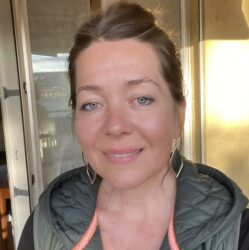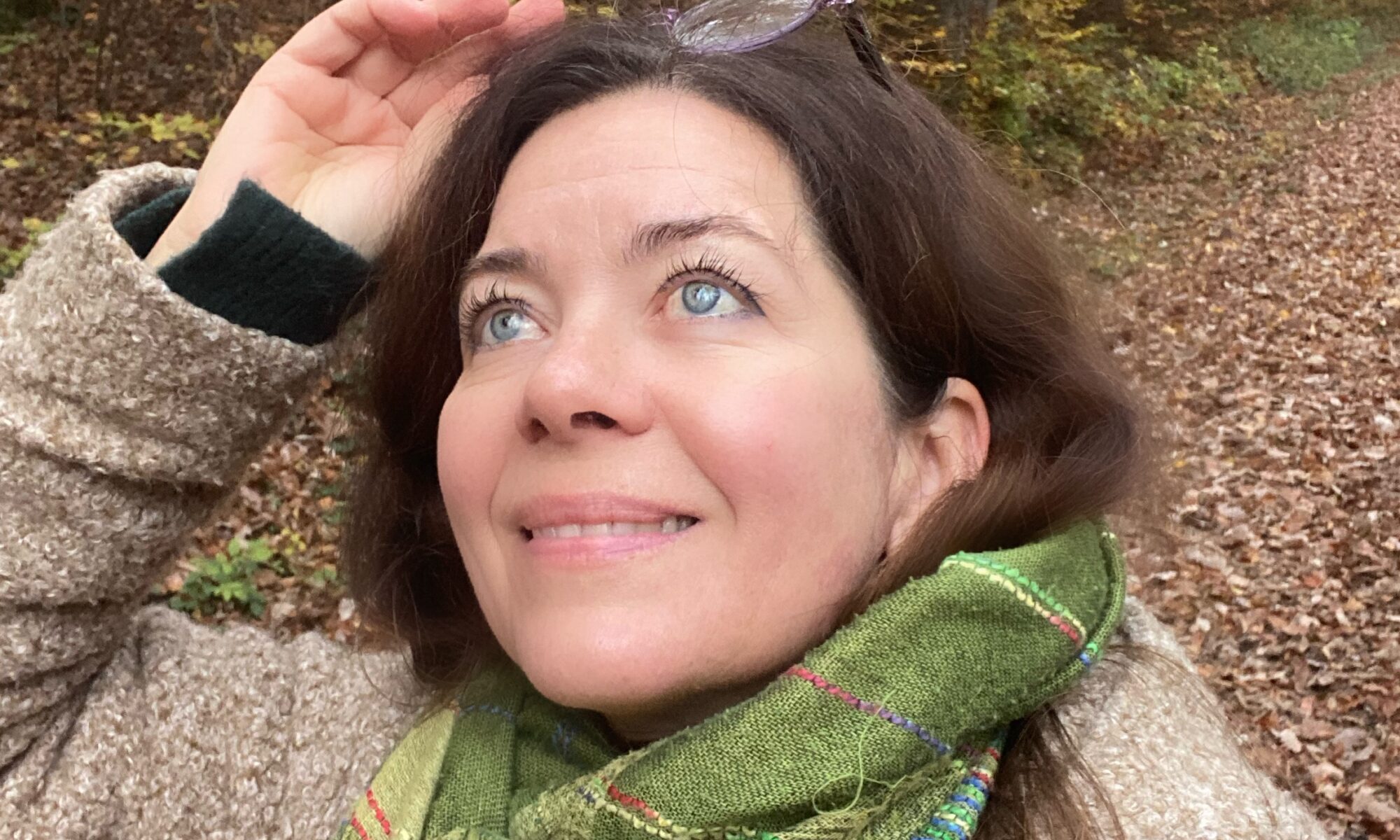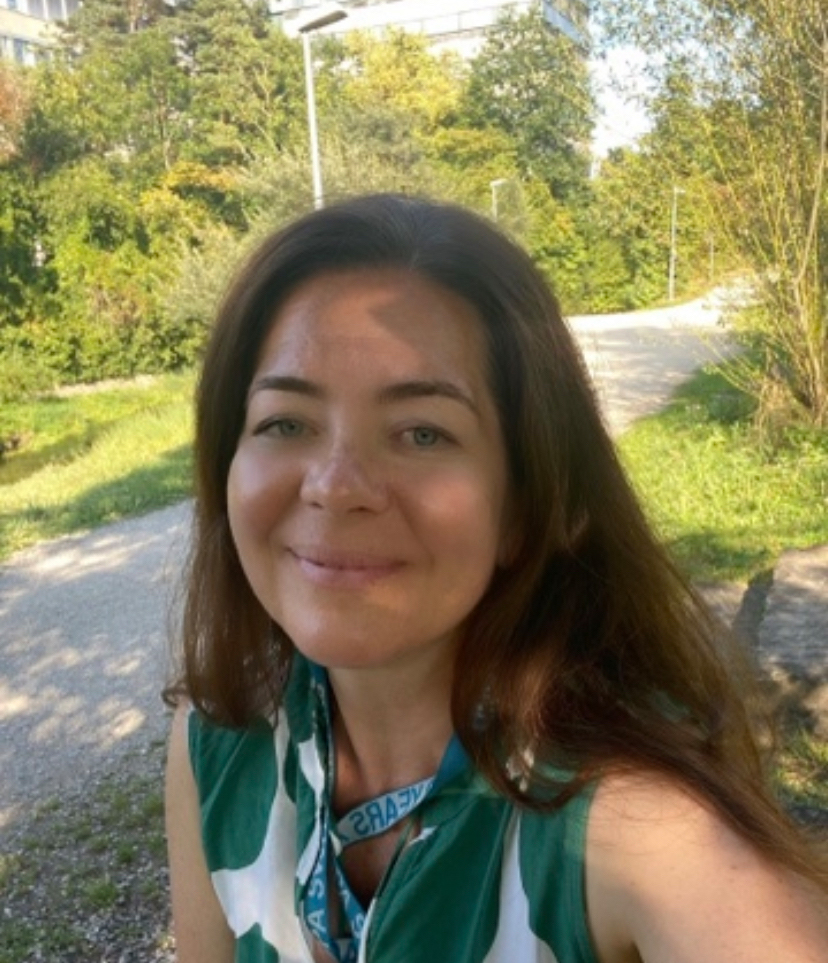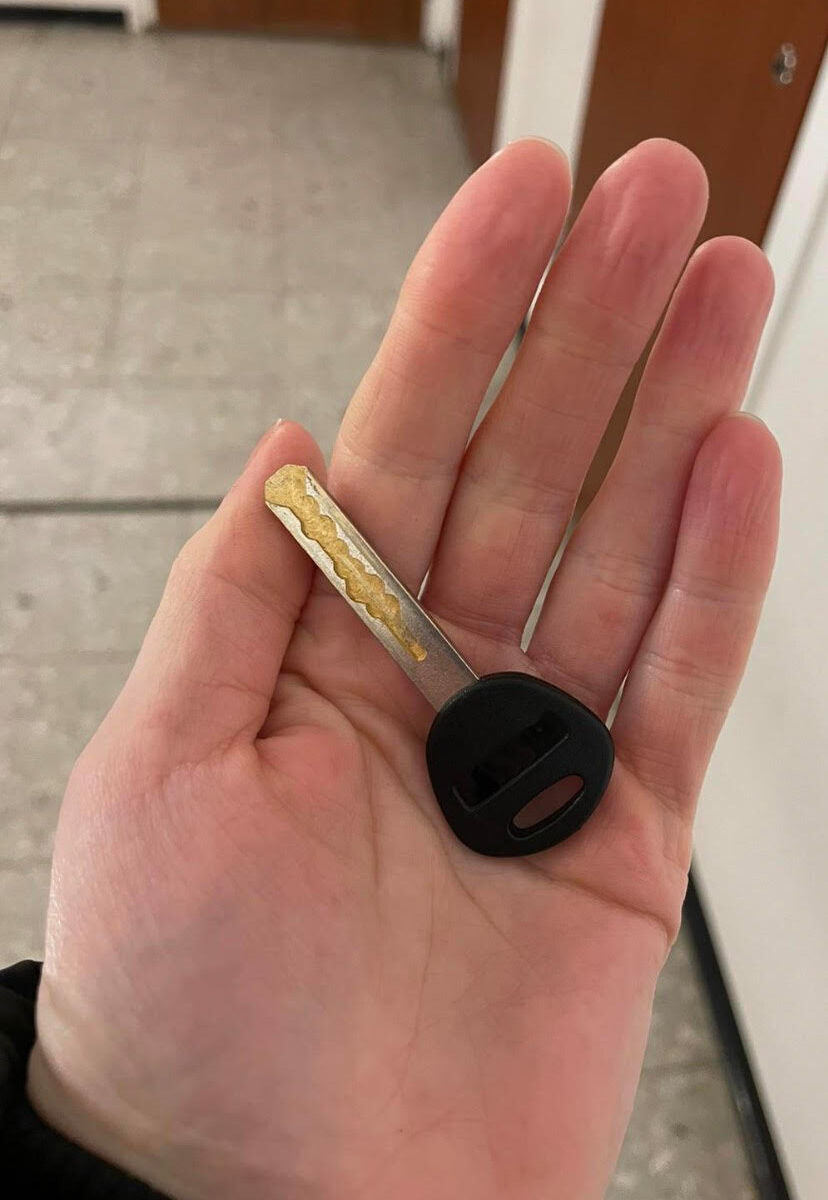“We can easily forgive a child who is afraid of the dark; the real tragedy of life is when men are afraid of the light.” – Plato.
Problem: Feeling fear in the absence of any actual threat.
System: Our perception of reality is influenced by our fears.
Solution: Understanding the nature of our fears.
How did I become aware of this issue?
Imagine a scene at night in a dense, dark forest. As I walk along an unseen path, I feel insecure. It can be a frightening place when you don’t know what lies ahead. The unknown lurking in the darkness can be intimidating. It leaves us feeling helpless and vulnerable. This feeling may arise when we recall past experiences, watch a scary movie, or even read about a serial killer. However, most of all, the overwhelming emotions linked to fear come from the experiences of our childhood when we were not adequately protected. These experiences leave a lasting imprint, becoming the blueprint for our fears. They have been with us since childhood, shaped by the images and emotions we encountered. Others who grew up with a more secure upbringing may have a different experience.
As I listen to the frightening noises and imagine what may be hiding in the darkness, my body tenses up. This is my inner child, recalling my childhood experiences. Meanwhile, my adult mind understands that the fear I feel is merely a response triggered by memories of past events. I realize that I am the source of this fear—I choose to experience this moment. So, do I allow panic to consume me and let it grow, or do I remind myself that I have walked through the woods many times before and likely won’t encounter the dangers my inner child imagines?
Why does this issue persist?
“Consciousness is the vine and that which you are conscious of being is as branches that you feed and keep alive. Just as a branch has no life except it is rooted in the vine, likewise, things have no life except you be conscious of them. “ – Neville Goddard
Fear has a blinding effect. It is a powerful force that affects us in various ways throughout our daily lives. It takes different forms and interferes with our decision-making process. Anxiety and stress become palpable, causing great distress. Often, we believe that we are at the mercy of these emotions and that there is no way out. In my case, I did not understand the origins of my fears, and even when I did, I struggled to transform them. We often navigate life with the notion that “that’s just how things are.” The first step in transforming our fears into something positive is recognizing that we are the ones shaping our reality through our thoughts, day in and day out.
This morning, I found myself feeling sad. Despite having developed the ability to observe this feeling from an outside perspective and analyze its causes, my old fears were more potent at that moment. They emerged: “I’m not good enough, what if I’m not chosen, what if people reject me?” I realized that my inner child was hurting within me, and I understood the connection I made today with past experiences. That little wounded child, lacking better communication skills, emerged and spoke her truth—it was raw. She braced herself, preparing for the inevitable pain she anticipated. While this coping mechanism may have helped my inner child navigate difficult years, it no longer serves me as an adult. In fact, it hinders me from fully realizing my potential. Therefore, it is crucial to understand that these feelings do not define us. They are simply remnants of emotions that overwhelmed us as children, resurfacing and connecting to foreign emotions within us.
It has become habitual to focus more on the impossibility of positive outcomes rather than the potential for success. This mindset may have emerged from childhood failures and our inability to navigate the resulting emotions effectively. Consequently, we hesitate to make decisions for ourselves. There is a way to change our perceptions and beliefs, and that is by observing our thoughts and recognizing that we are the ones shaping our lives. Our consciousness is the vine, pruning and cultivating our experiences, as Neville Goddard explains. Therefore, it is crucial that we choose wisely, ensuring our growth does not wither away.
Most of the fears we experience are not visually present; they arise from a spiral of thoughts and emotions. The more we dwell on these fears, the more real they seem. However, only the pain we feel is real, while the anxiety-inducing situations themselves may not exist.
Why do I think many people resist changing this?
Confronting one’s problems requires courage. Generations of beliefs have shaped the personalities we have become. Often, we fail to realize that we are the cause of our own suffering. Consider, for example, a patient suffering from chronic pain. Only after recovering do they realize the extent of the pain they endured for so many years. We identify with the identity we believe life has bestowed upon us, thinking that it defines who we are and who we will always be. I am here to tell you that this is a falsehood. However, overcoming this condition necessitates the willingness and knowledge to see things from a different perspective.
Our families instill deeply held beliefs that can be carried across generations. For instance, I was convinced that everything I heard from my parents, grandparents, and great-grandparents was unquestionably true. The women in my family tree, spanning multiple generations, told me, “No woman in our family has ever had a decent job or a good husband. None of us has ever driven a car, and as we age, we face various health issues. We all develop large bellies and gray hair in our forties, and money has always been scarce and difficult to maintain. So, behave well, and you will have no problems.” The list of negatives seemed endless. When I reflect on the lineage of these women, I can understand why they spoke this way, but it does not mean that it must be my truth. It took me decades to realize this. Nonetheless, I have proven them wrong in every aspect. I made a conscious decision years ago to experience a different outcome. I allowed myself to tread a different path. Later in life, I learned to drive a car. I engaged in physical activities to maintain fitness, and my hair has yet to turn gray (I believe this is because I focused on preserving its color). Whenever I shared my determination to lead a different life than they had predicted for me, my grandmother would argue with me, struggling to comprehend. Changing long-held beliefs can be challenging. It is never too late to discover our own truths.
We struggle to trust our inner voice
By disconnecting from our inner voice and disregarding our intuition, we forget what brings us happiness. We live vicariously through others, adopting their thoughts, making their priorities our own, or placing excessive importance on others’ opinions of us. Many of us experience discomfort that eventually manifests as disease. We prioritize others’ emotions and needs above our own due to the fear of expressing ourselves, conveying our feelings, and advocating for our own satisfaction. The fear of rejection and conflicts can be daunting. We have not learned to trust ourselves when making decisions. Most of us have been conditioned to believe that others know what is best for us. We prioritize duty over our well-being, and even when we choose to prioritize our own needs and pursue personal fulfillment, we feel guilty and ashamed for placing ourselves first. If we cannot tap into our inner voice, which guides us towards what is best for us, we go through life bent and teach our children to do the same.
We want to teach future generations, especially our own children, to value and trust their inner selves more than the fears projected onto us. We want them to understand that happiness comes from within and cannot be bestowed upon us by external sources. Others do not know what is better for us; we know ourselves better than anyone else. By learning how to find satisfying solutions to our problems and staying connected to ourselves, we gradually adopt a mindset of abundance. This allows us to view life with excitement rather than anxiety.
What does it look like?
If we do not change our thinking and how we perceive life, we will not learn to take responsibility for our own success and happiness. By not knowing how to confront fears and anxieties, we end up blaming others for our dissatisfaction. We become victims of our suffering and the thoughts associated with it. We live in the past, unable to appreciate the present and its offerings. We forget to be grateful for the small joys in life. We forget that we are the ones shaping our thoughts. As thoughts arise, we have the power to choose how we perceive people and events—through a lens of scarcity or abundance. If we are not willing to put in the effort required for personal growth, nothing will change. On the contrary, the more we lament and experience internal stress, the more we will encounter similar challenges on our journey.
“You don’t get what you want in life, you get who you are.” – Les Brown
Things you might not have realized
You manifest and shape your reality through your thoughts. You are the catalyst for change; nobody else can do it for you, and there is no one else to blame. By adopting the belief that fulfillment comes from external sources, we become dependent and needy. We can never acquire enough to fill our inner void. We live outside ourselves, always giving away our energy to others. Pay attention to your inner conversations—do you often lament about what you lack, how poorly you are treated, and the difficulties and unfairness of life? Do you constantly worry about money being taken from you through bills, family, or the state? I am sure you can relate to the thought patterns I once had before I began changing my thinking habits. I victimized myself throughout my life. However, by altering my inner conversations, my entire life has transformed. I replaced a mindset of scarcity with thoughts of abundance. Instead of blaming others, I began questioning why I gave external circumstances and people so much power over me. Why do you grant your thoughts and resulting emotions such significant importance? It is essential to understand that they do not define us; we are the ones who choose how we perceive life. As I see it now, I am separate from my thoughts, and I am the one who chooses how to be aware of my circumstances. Realizing that we have the power to choose our focus gives us the ability to take responsibility for how we navigate life, think, and create a new reality for ourselves.
What would the world look like without this problem?
By managing our minds and understanding that we always have a choice to pursue better outcomes, we begin to make wiser decisions and become more conscious of our thoughts and perceptions. Instead of focusing on the problems that cause us stress, we concentrate on living in an ideal state, allowing solutions to present themselves. When we comprehend that our attitude towards life shapes our reality and that we are the ones choosing how we perceive the events we encounter, we find inner contentment. We realize that we do not need external things to fill our inner void; all we need is already within us. We can live a life free from guilt and shame, valuing and allowing ourselves to pursue a peaceful and harmonious existence because we recognize our own worth and value. We understand that it is acceptable to pursue our desires. By being honest with ourselves and others, we demonstrate respect. Why is it important to be true to our own happiness and avoid placing others on a pedestal? Because we want to cultivate genuine, authentic relationships where we do not sacrifice our dreams and personal fulfillment for the sake of others. What is the point of sacrificing if we remain unhappy and judgmental in our thoughts? This journey is about reconnecting with ourselves and understanding that we are here to live a happy, prosperous, and fulfilled life. This mindset cultivates kind-hearted, content, and loving individuals because those who are internally fulfilled do not need anything from anyone. Consequently, we can maintain a greater sense of peace, stay connected to our inner selves, and embrace spirituality and a consciousness of a higher power.
Potential challenges
Our subconscious mind holds great power, filled with convictions, beliefs, and connections between our thoughts and the experiences we encounter. It has taught us to be cautious, always on the lookout for failure and problems rather than the possibility of success and finding solutions. Our subconscious mind strongly influences how we perceive people, events, relationships, love, money, and everything else we experience. These deeply ingrained beliefs serve as a means of self-protection. Our conscious mind selects our thoughts and experiences, but we have become accustomed to listening to the cautionary voice in our minds, succumbing to negative impulses in our daily lives. It is a formidable force, causing us to experience similar failures even if our endeavors start with promise and optimism. Just as we need to train our muscles daily to keep them strong, we must train our minds to resist falling back into old patterns of repetitive thoughts and emotions. We cannot fully control our thoughts; they are like unruly children. However, we can educate our thoughts, teaching them to be quieter and reminding ourselves that we are the ones in control. With time and persistence, we will notice a change in our perception of the world. Even if we hear the familiar voice, we now possess the wisdom not to heed its negative influence.
Conclusion
If we desire change, we must be the agents of change. We cannot wait for external circumstances to transform our lives. We must take action, just as we must walk across the room to reach the other side. By assuming responsibility for our thoughts and perceptions, we become more mindful of our attitudes towards life. How are you aware of life? Do you choose abundance over scarcity? Do you view situations as opportunities rather than insurmountable problems? The more we understand ourselves and recognize that the pains and problems we encounter do not define us, the more empowered we become. These emotions can only control us if we allow them to. Abundant thinking breeds wealth, happiness, and contentment. It is about constantly observing ourselves and identifying what we associate with. Is it something positive that serves our purpose, happiness, and growth? We aim to develop a mindset that allows us to become the best versions of ourselves, reclaim our worth and value that may have been lost along our journey, and decide to reclaim what rightfully belongs to us—a life where we pursue our dreams and find joy from within. In doing so, we enable ourselves to experience genuine, authentic relationships and avoid sacrificing our dreams and fulfillment for the sake of others. This journey involves returning to ourselves and understanding that we are here to live a happy, prosperous, and fulfilled life. It fosters compassionate, content, and loving individuals because those who are internally fulfilled do not need anything from anyone. Consequently, we can maintain a greater sense of peace, stay connected to our inner selves, and embrace spirituality and a consciousness of a higher power.







